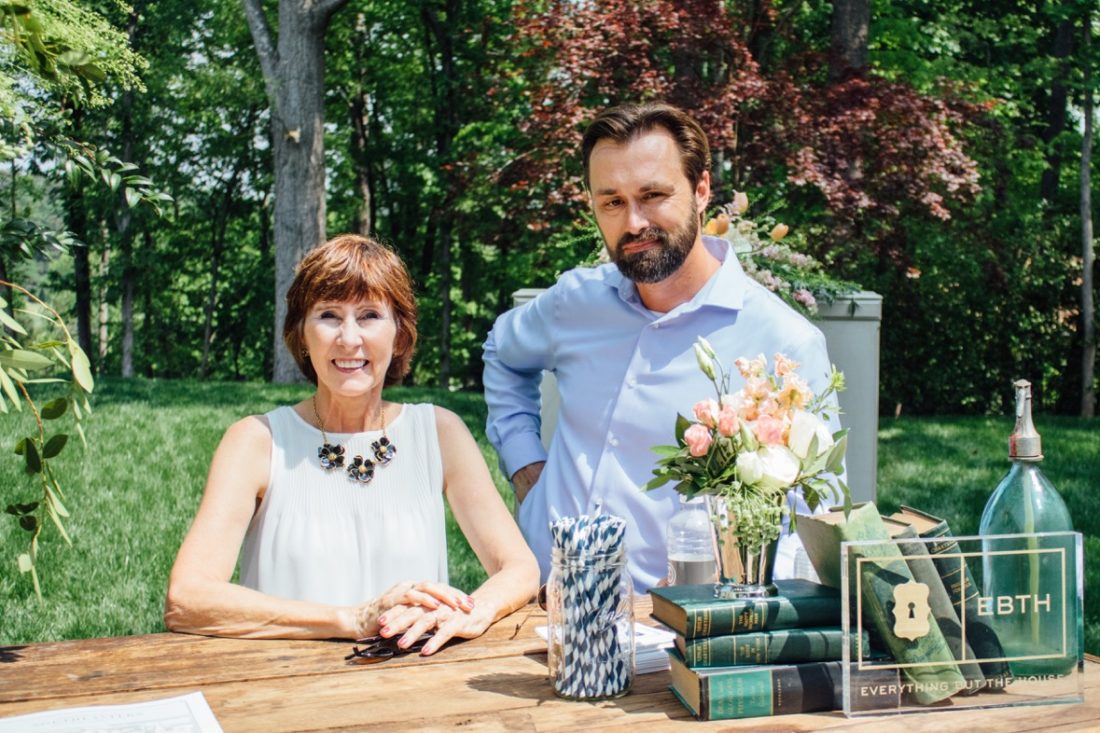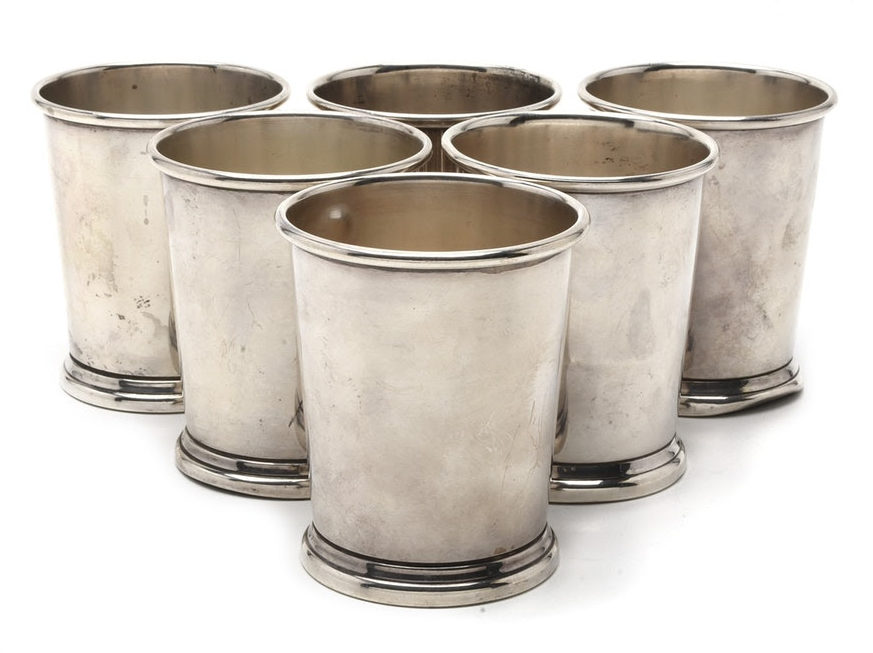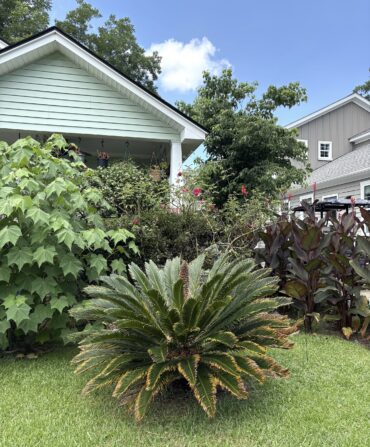Like the people they represent, every estate sale tells a unique and deeply intimate story. But telling that story is not always easy when it’s coupled with the grief that comes with the loss of a loved one.
Those are feelings Jacquie Denny, the co-founder of Everything But the House, a Cincinnati-based company that manages every detail of a sale, knows well. After the death of her aunt, Denny endured the overwhelming and emotional process of readying her belongings for sale. But auction day fell flat: the crowd was small and buyers were smirking on their way out about getting great deals. “Jacquie felt as though her aunt’s possessions did not get the respect they deserved,” says Brian Graves, who joined Denny in launching EBTH in 2007, “so she decided to become an advocate for others in that position.”
Graves came at the business from the other angle: that of a buyer. He cites his childhood as one of his greatest inspirations, tracing his love of antiques back to Court Days, an annual flea market in his father’s home of Fleming County, Kentucky. “As a kid [I would] walk through the streets and see hunting dogs and chickens and housewares and stoneware,” he says. “You never knew what you were going to see.”

Photo: Courtesy of EBTH
Jacquie Denny and Brian Graves, founders of Everything But The House.
Here’s how EBTH works: After a consultation with a seller, estate specialists will arrive at a client’s home to sort, photograph, and catalogue each item to be sold; their fee is based on the sale price of each item and ranges from fifteen to fifty percent. Once photos are uploaded to EBTH’s website, bidding begins. “We tried to figure out how to create a community that’s an ecosystem for both the buyer and the seller,” Graves says. “Our goal is to advocate for families and be a trusted partner for buyers.” Each sale, which lasts one week, receives ten- to twelve-thousand bids on average. When the week is over, EBTH manages payment and takes care of shipping the items to their new owners.
“The best thing is when a family we’re working with finds something they had no idea they had, or had no idea the value of,” Graves says. “Once, a small sugar chest the family thought might be worth a few hundred dollars turned out to be a few thousand.”
Graves maintains that, in the end, “We want to help tell people’s stories.” By giving a second life to items after the people who loved them first are gone, EBTH helps those stories live on.
This Friday, September 21, Everything But the House launches its Landmark Sale, which gathers and curates the rarest and most prestigious items from other sales throughout the year. These seven pieces going up for auction this week caught our eye; bid here.
Photo: Courtesy of EBTH
A bronze sculpture of jockeys, after Comte Henri-Geoffroy de la Planche de Ruille.
1 of 7
Photo: Courtesy of EBTH
A Southern Late Federal walnut sugar chest-on-frame, circa 1820-1840.
2 of 7
Photo: Courtesy of EBTH
Kentucky cobalt-decorated stoneware jar by Samuel Booker, from the nineteenth century.
3 of 7
Photo: Courtesy of EBTH
Up for bidding: A sterling silver mint julep cup set by Preisner Silver Company.
4 of 7
Photo: Courtesy of EBTH
A rare antique salt glaze teapot with a finial in the shape of an iguana, circa 1740–45.
5 of 7
Photo: Courtesy of EBTH
An oak whiskey barrel with riveted steel straps.
6 of 7
Photo: Courtesy of EBTH
An oil on board of hanging game, in the manner of Alexander Pope.
7 of 7














